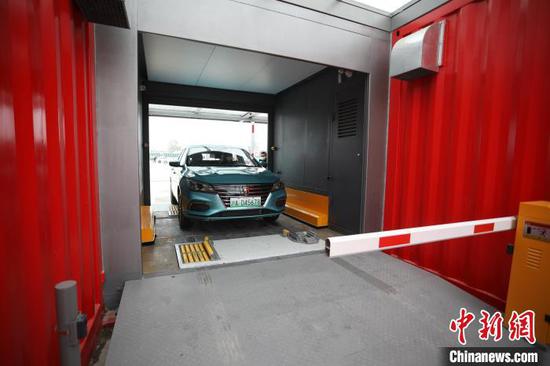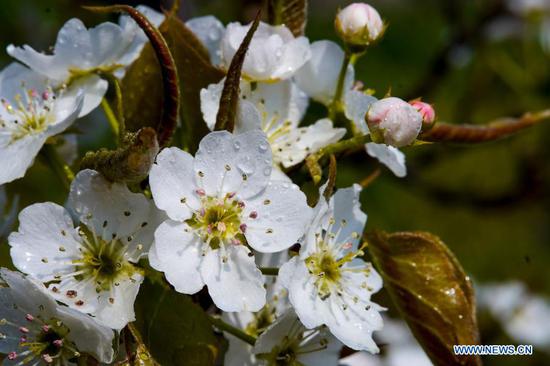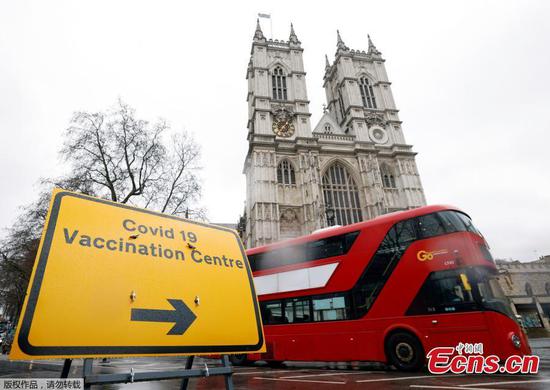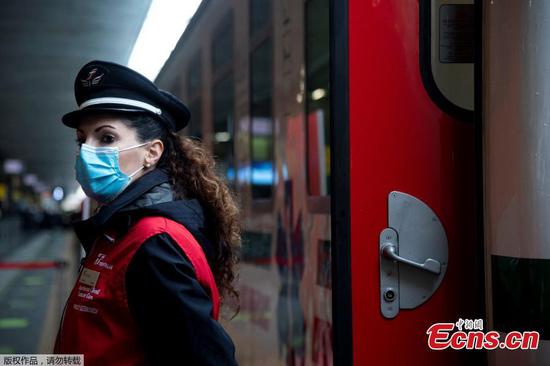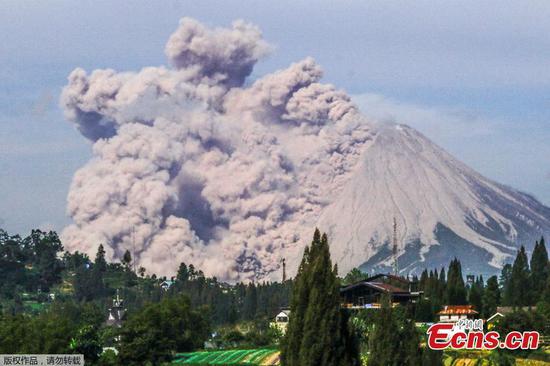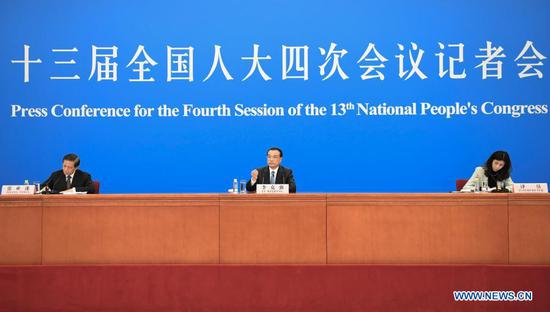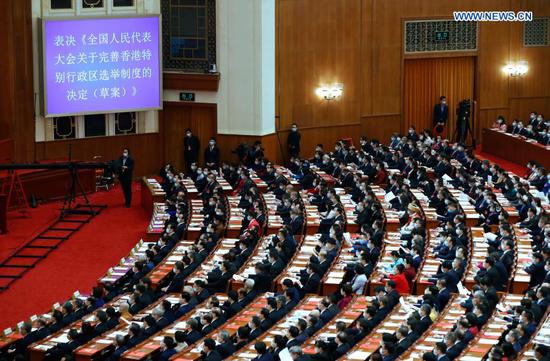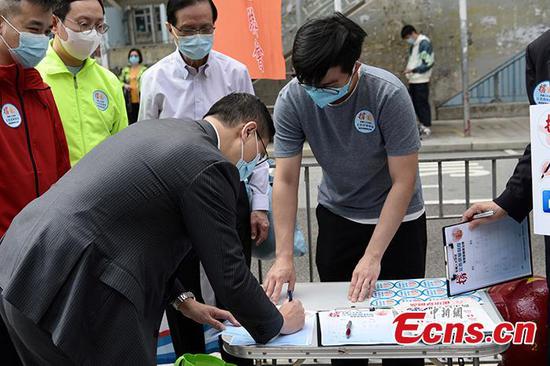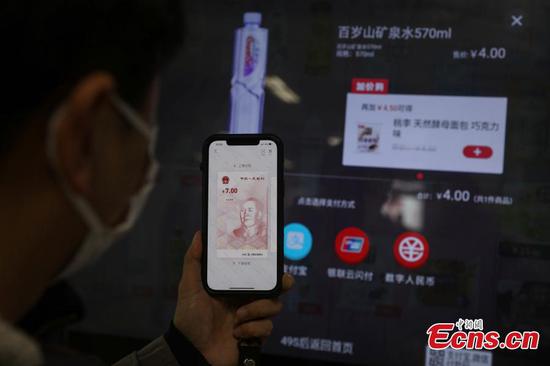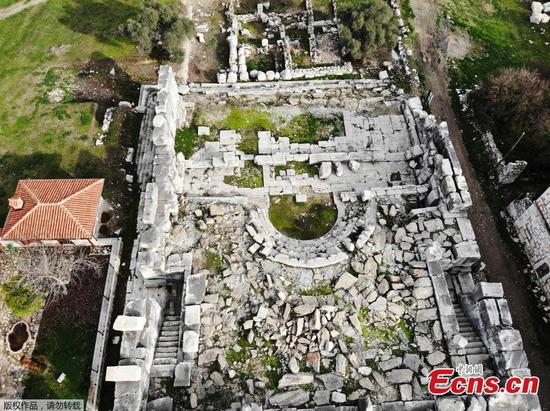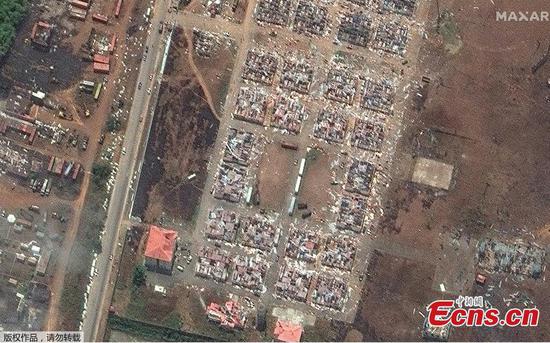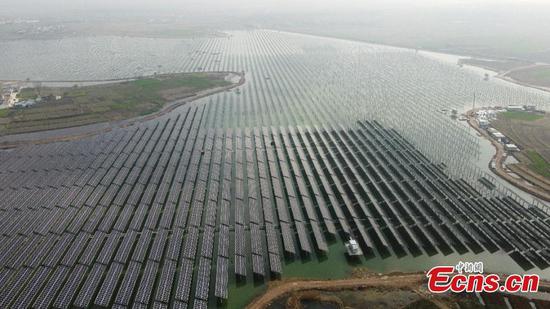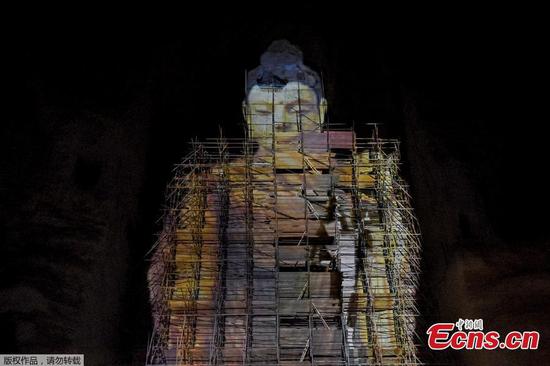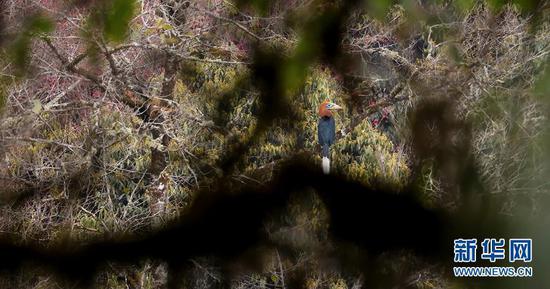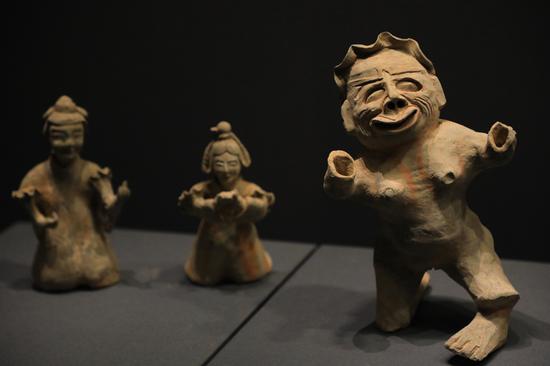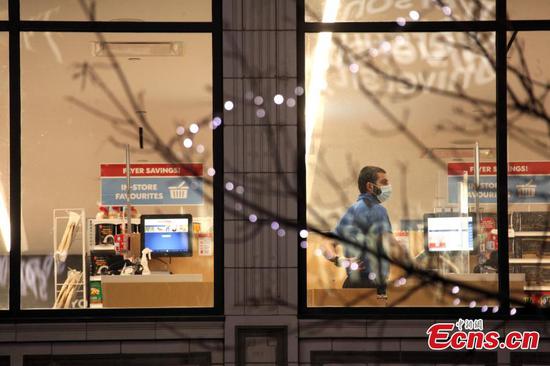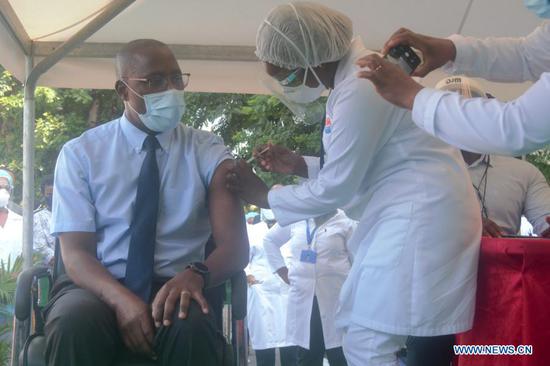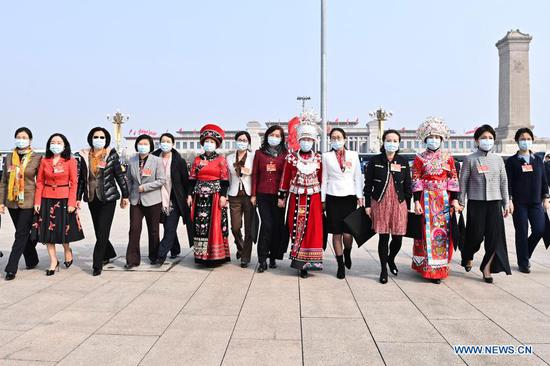Japan's minister in charge of vaccination efforts Taro Kono said Friday the country is prepared to receive 100 million doses of U.S. pharmaceutical firm Pfizer Inc.'s COVID-19 vaccination in May and June amid some skepticism over the jabs due to high instances of severe allergic reactions to the vaccine.
Kono told a press briefing on the matter that the shipment, which will come from Pfizer's factory in Belgium, will need individual approval under the European Union's export controls.
Due to production delays at Pfizer's factory and the European Union's export controls, Japan has been slow to rollout its vaccination campaign compared to some other major economies.
Japan's vaccination campaign of 4.8 million front line health care workers, however, is in full-swing and the next phase of inoculating people aged 65 or older is set to begin in mid-April.
Thereafter, people with underlying health conditions and those working at elderly care facilities will be inoculated, followed by the general population.
Japan will receive its fifth batch of the vaccine developed by Pfizer and its German partner Biontech SE on Monday, with the shipment containing 420,000 doses, according to Kono.
There is some reluctance, however, among the Japanese population, about being inoculated, with a survey conducted by Kyodo News showing that only 63.1 percent of respondents wanted to be vaccinated.
Such wariness about the jabs has not been helped by instances of anaphylaxis, a potentially lethal and acute allergic reaction to an antigen to which the body has become hypersensitive, after the Pfizer vaccine was administered to health care workers here.
According to the health ministry, as of Thursday there had been 37 claims of anaphylaxis among the 181,184 people who have received a jab across the country, although Kono said that all of them had since recovered.
Kono said on Wednesday that Japan has seen more instances of anaphylaxis after the Pfizer jab compared to the United States and Europe.
Japan's health minister Norihisa Tamura has said a ministry panel will look into the issue and try to determine whether the symptoms in Japan of anaphylaxis were as serious as those overseas.









